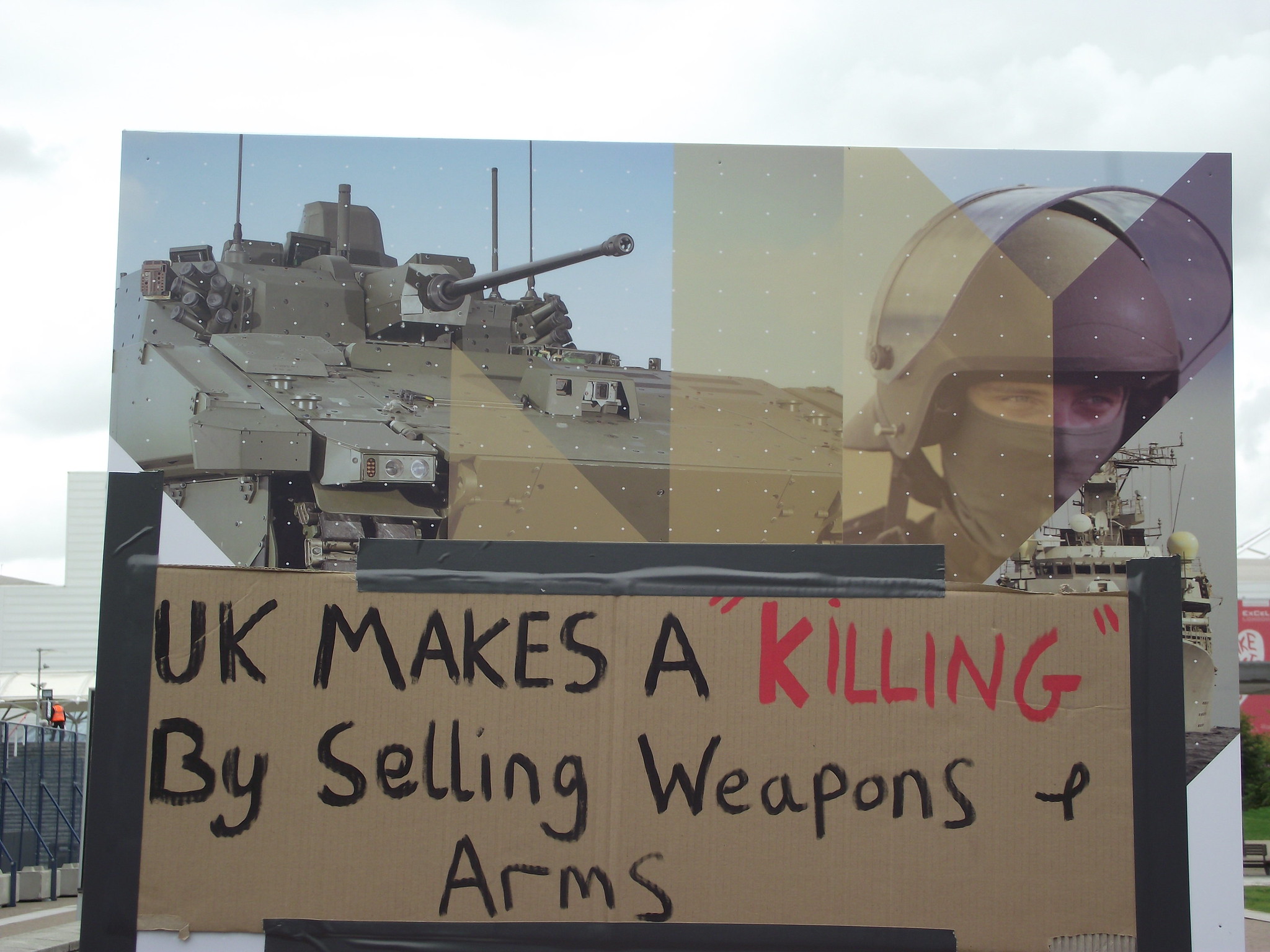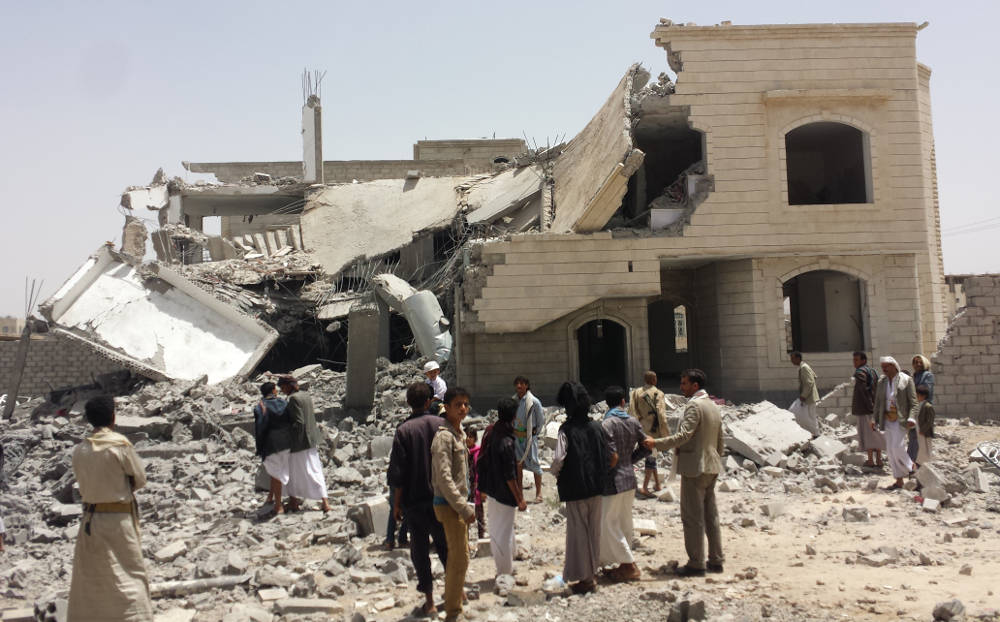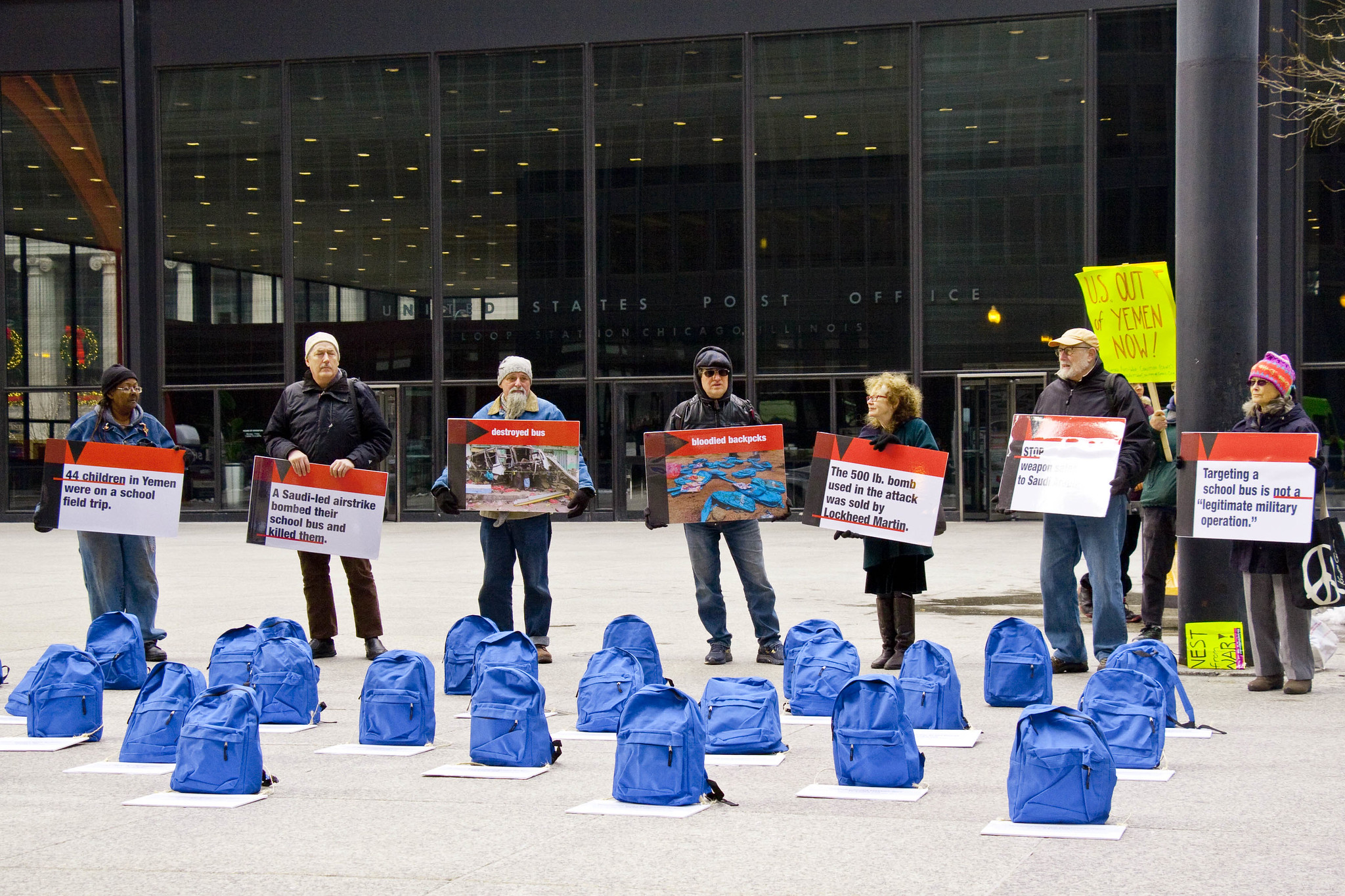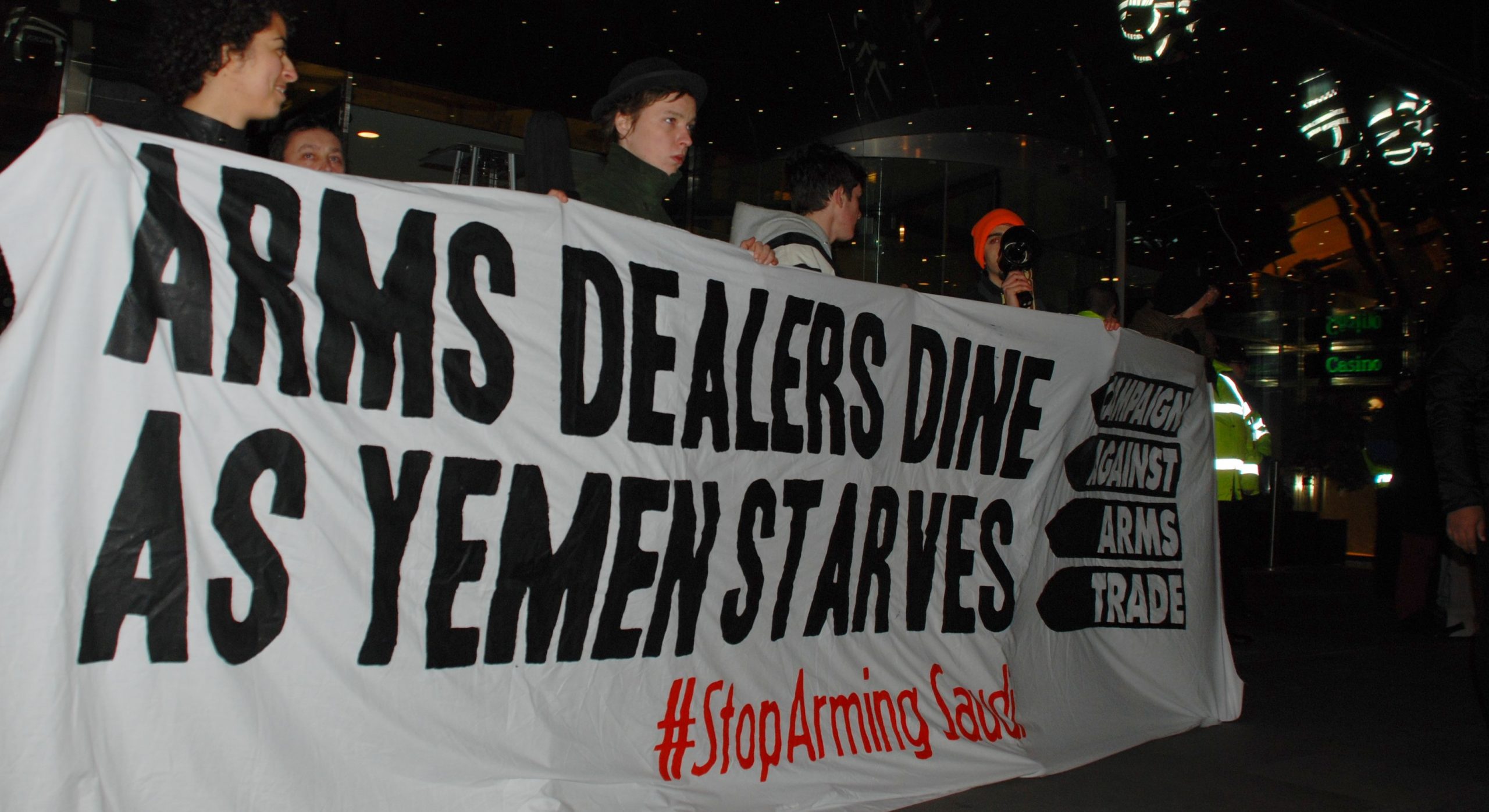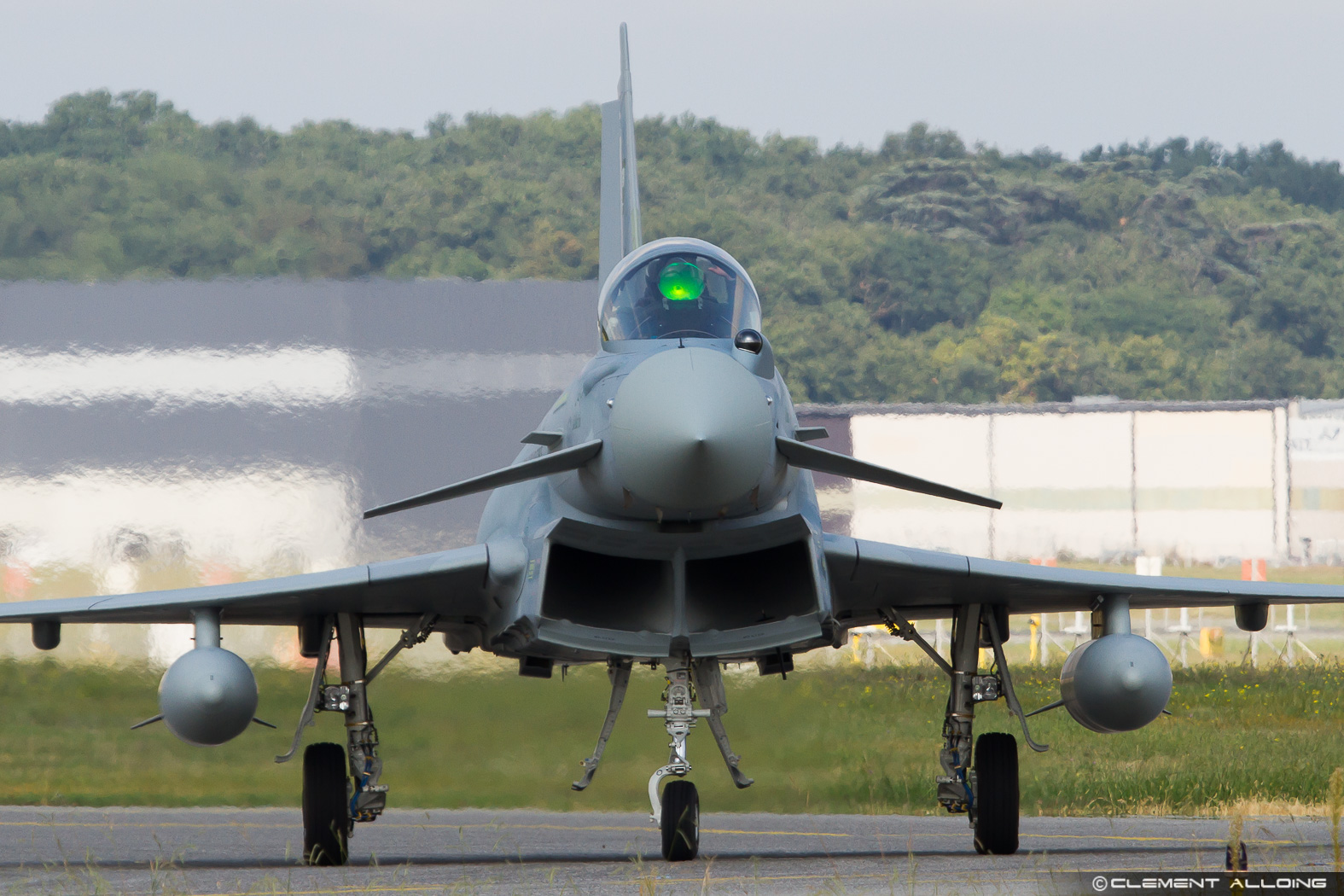Responding to your MP
Argument: UK arms aren’t sold if they could be used in war crimes
“The UK government doesn’t allow arms to be sold where they will be used to violate human rights or international humanitarian law”
They say:
“The Government does not issue export licences where there is a clear risk that the goods might be used for internal repression, in the commission of a serious violation of international humanitarian law, or where the export would provoke or prolong conflict.”
Response
This is simply not true. The Government repeatedly issues export licences where there is a clear risk that the goods might be used for internal repression, in the commission of a serious violation of international humanitarian law, or where the export would provoke or prolong conflict.
The UK has continued to support Saudi air strikes in Yemen and provide arms despite overwhelming evidence of repeated breaches of international humanitarian law. Violations were reported since the air-strikes began; five and half years later they continue to be reported.
UK weapons are playing a central role in the Coalition’s attacks: the government itself admits that UK-made fighter jets, bombs and missiles are being used in the conflict. Despite this it has continued to license billions of pounds of arms sales for use in the conflict.
Argument: UK arms sales can resume
I want to reassure you that in accordance with the Court of Appeal’s judgement in June last year, the Secretary of State for International Trade has now retaken licensing decisions regarding military exports to Saudi Arabia for possible use in the conflict in Yemen on the correct legal basis.
They say:
New licence applications will be assessed against a revised methodology, which evaluates whether there is a clear risk that the equipment might be used in the commission of a serious violation of International Humanitarian Law. On this basis, I understand Ministers are now in a position to begin the process of addressing licence applications for Saudi Arabia and its coalition partners again.
We say:
It is astonishing that the government could conclude that licences for arms to be used in Yemen could comply with the UK’s export licensing criteria.
Background
In June 2019, after a case brought by CAAT, the Court of Appeal found that the government had acted “irrationally and therefore unlawfully” when it claimed that there was no ‘clear risk’ of UK arms being used in serious violations of IHL without even attempting to assess whether these horrific attacks were in fact violations of IHL.
It judged said such an assessment was necessary in order for the Government to be able to decide whether there is a clear risk of future serious violations. It ordered the government to retake its previous decisions on a lawful basis.
‘Isolated incidents’
In July 2020 the government said it had now made such an assessment. This assessment concluded that “the incidents which have been assessed to be possible violations of IHL occurred at different times, in different circumstances and for different reasons. The conclusion is that these are isolated incidents.” On that basis, the government decided it would resume allowing arms sales to Saudi Arabia.
Patterns of violations
In five years of war we have seen the Saudi-led forces bomb weddings and funerals, market places and warehouses, schools and hospitals: these are not isolated incidents but a pattern of repeated breaches of International Humanitarian Law. Independent reports have repeatedly noted patterns of violations.
The Yemen Data Project had recorded 8,747 civilian fatalities as a result of coalition airstrikes targeting civilians by 31 August 2020.
As recently as September 2020 the UN’s panel of experts on Yemen said it
repeats its concern about third States transferring arms to parties to the conflict in Yemen in blatant disregard of the documented patterns of serious violations of IHL and human rights law in the conflict to date.
It accused all parties to the conflict of “a consistent pattern of harm to civilians” and found that that arms sales and support from the UK and others “may amount to ‘aiding and assisting’ internationally wrongful acts in contravention of international law.”
The Ministry of Defence itself has confirmed it has recorded 540 alleged breaches of IHL in its ‘tracker’ from the beginning of the war until 18 September 2020.
Pattern of attacks on the means of life
Attacks by the Saudi-led Coalition have destroyed infrastructure across Yemen. Attacks on civilian infrastructure, even where there are no direct civilian casualties, are also violations of International Humanitarian Law. These also have a devastating impact. In addition to the direct impact of the bombing, many more lives have been lost through the humanitarian catastrophe caused by the war and the Coalition’s air and naval blockade of Yemen.
Blockades have starved the population and made it hard for hospitals to get essential medical supplies. Blockades have been described by UN human rights experts as constituting collective punishment, a war crime.
Airstrikes have also deliberately targeted agriculture and food production. A 2018 report from the World Peace Foundation catalogued the systematic targeting by the Coalition of agricultural land, animals and animal farms, agriculture and irrigation offices, markets, water infrastructure, and transport infrastructure.
Attacks on food production and infrastructure suggest the deliberate use of starvation as a weapon of war. This would itself also constitute a war crime.
The Yemen Data Project has recorded, up to 31 Aug 2020
- 753 airstrikes targeting Farms, food storage & transportation
- 219 airstrikes targeting Market Places
Attacks on Education
A new report from Yemeni based group Mwatana gives details of 153 airstrikes impacting schools and educational facilities. It said that “In 140 of these cases, Mwatana researchers and witnesses interviewed by Mwatana did not identify military targets near or in the school that was damaged or destroyed by an airstrike,” adding:
These Saudi/UAE-led coalition bombings form part of a pattern of attacks on civilian objects which appear to be indiscriminate.
Attacks on Health
Even before the pandemic, Yemen’s health system had “almost collapsed.” Airstrikes by Saudi forces have targeted hospitals, clinics and vaccinations centres.
A report from Yemeni organisation Mwatana and Physicians for Human Rights notes that “The impact of each attack goes far beyond the civilians killed or injured. These attacks have contributed to the virtual collapse of Yemen’s health system, an outcome that has had devastating impacts on the country’s civilian population.” It adds:
The documented incidents are not comprehensive and do not represent the total number of attacks on the health sector. Nevertheless, they illustrate patterns of attacks on health, their impact, and specific violations committed in their execution.
The Mwatana report includes examples of 35 airstrikes targeting health facilities covering the period until December 2018. The Yemen Data Project has recorded 86 airstrikes on medical facilities up to 31 Aug 2020.

